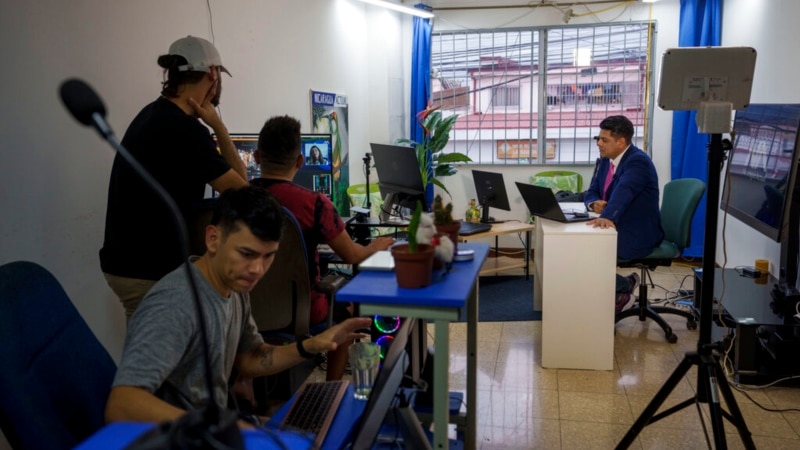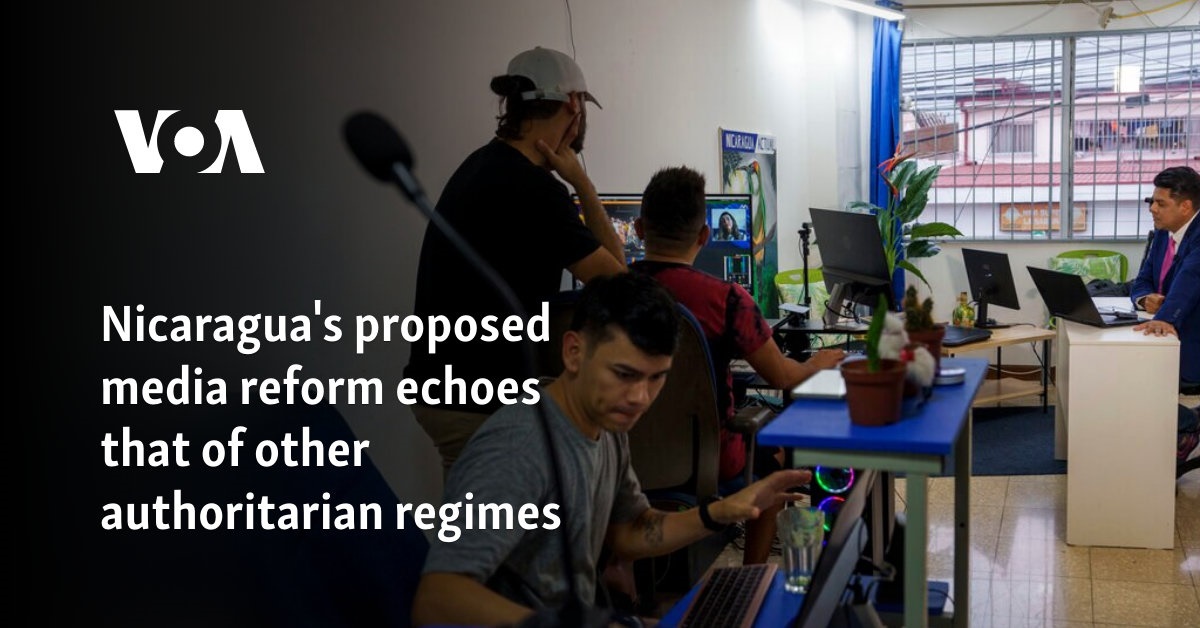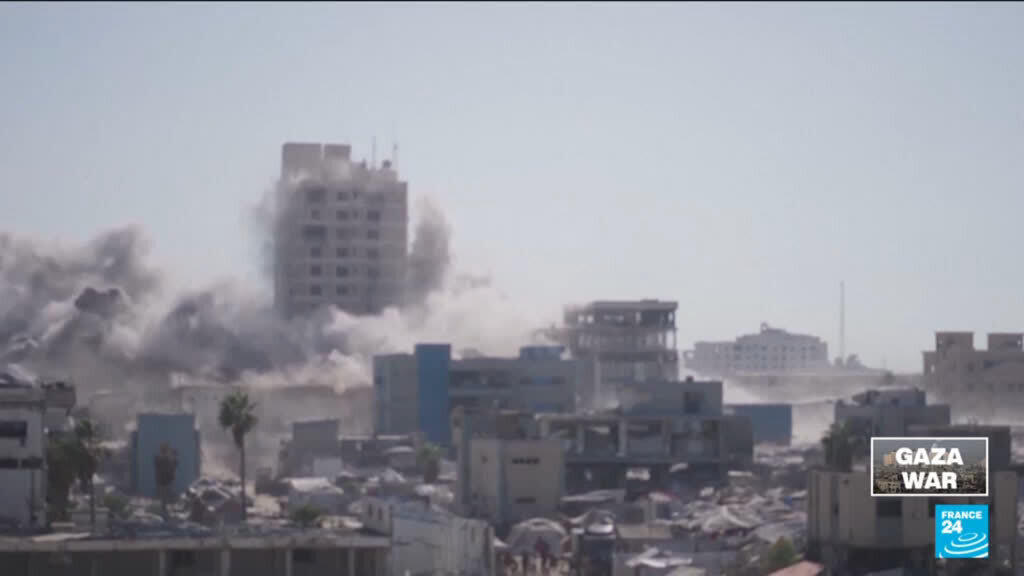
Nicaragua is expected to ratify changes to its constitution in January that would alter presidential power and increase state control over the media.
If ratified, the change would mandate that the state have the power to ensure that media outlets and platforms “are not subordinated to foreign interests and do not spread false news.”
Analysts say it will be a move repeated in other authoritarian countries around the world, including Cuba, Venezuela and former Soviet countries.
Carlos Jornet, chair of the Inter American Association’s Freedom of the Press and Information Committee, said that controlling free speech on social media and the Internet was a “growing phenomenon” in the US.
“What’s worse is that governments that promote this kind of control do so after taking over the judiciary, the legislature, and all the oversight bodies,” he told VOA.
“It is clear that when the government declares the information false, there will be no possibility of defending or arguing about the veracity of the complaint or the relevance of any opinion,” Jornet said.
The latest reforms, which were passed in November, must be confirmed in a second vote in January.
Requested by President Daniel Ortega, the reform seeks to extend his term in office from five to six years and change the role of the Vice President, who is Ortega’s wife Rosario Murillo, to “co-president”.
The police and military will be strengthened in a way that will help Ortega tighten his grip on power in the Central American state.
Monitors say Ortega’s attacks on media freedom have already forced hundreds of journalists and others into exile to escape the threat of arrest and imprisonment.
More than 200 political prisoners were released last year and deported to the United States, including five former presidential candidates jailed after seeking to challenge Ortega in the 2021 election and the country’s most influential person, The publisher of one of the old newspapers was also involved.
According to the NGO Nicaragua Never Again Human Rights Collective, at least 229 people detained in Nicaragua for political reasons suffered torture and “crimes against humanity”.
Reuters reported this month that the group estimated about 2,000 people had been arrested in connection with the 2018 anti-government protests.
Critics of the latest constitutional change say it effectively legitimizes the “absolute power” wielded by Ortega and Murillo.
However, Gustavo Porras, the head of the Nicaraguan legislature, has said the reform will be approved next month and called the criticism a “stupid way to further the opposition.”
The Nicaraguan Embassy in Madrid did not respond to VOA’s email request for comment.
Lucia Pineda Ubau, director of the news site 100% Noticias, said the new constitution would make it easier for authorities to target independent journalism.
“It is serious because it embeds it in a constitutional policy that continues to punish, harass and criminalize journalists and the media,” he told VOA from his home in exile in Costa Rica.
“It promotes improvement in cyber crime [legislation]“, which was passed in September this year,” she said.
Proposal for imminent constitutional reforms increased A prison sentence of 10 to 15 years for those who make false news or misrepresentations that are believed to cause alarm, fear or anxiety. It also extends the reach of the law beyond the borders of Nicaragua.
“This government has increased the terror for exiled journalists,” Pineda said.
The changes in Nicaragua replicate similar laws and regulations in the region that analysts say are used to silence dissent and the media.
Attacks on independent media by the government of President Nicolas Maduro over the past 11 years in Venezuela have created “a kind of news desert”, according to the Committee to Protect Journalists.
A report published by the watchdog earlier this year found that the government did not bother to take new action against the media ahead of the July presidential election, despite the effectiveness of its continuing campaign of repression.
Cuba has also passed several laws that regulate freedom of expression, said William LeoGrande, a Cuba expert and professor of government at American University in Washington.
“Cuba has the same laws as Nicaragua,” he told VOA, referring to Decree 35, which includes criminal penalties for spreading misinformation and requirements for telecommunications providers to suspend or terminate services.
“It also potentially gives authorities wide latitude to criminalize online commentary [like] ‘Inciting sedition or other acts which alter public order,’ ‘subverting the constitutional order’ or ‘defamation affecting the reputation of the country.’
Leogrande said provisions in Cuba’s penal code, which came into effect in 2022, are so broad that they could be used to charge people for criticism or nonviolent protest.
Cuba’s Social Communications Law, which came into effect in October, imposes strict regulation on online communications and encourages the repression of dissenting voices.
Reporters with Borders said in October that 11 journalists had already been summoned, charged and forced to resign from their jobs by Cuba’s National Revolutionary Police.
UN High Commissioner for Human Rights Volker Turk said the impending changes to Nicaragua’s constitution represent a further erosion of any checks and balances on executive power.
“If adopted, these changes will sound the death knell for fundamental freedoms and the rule of law in Nicaragua,” he said in a statement.






Leave a Reply